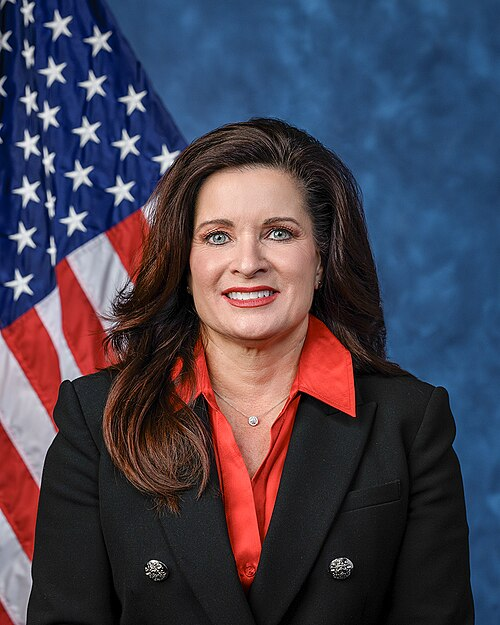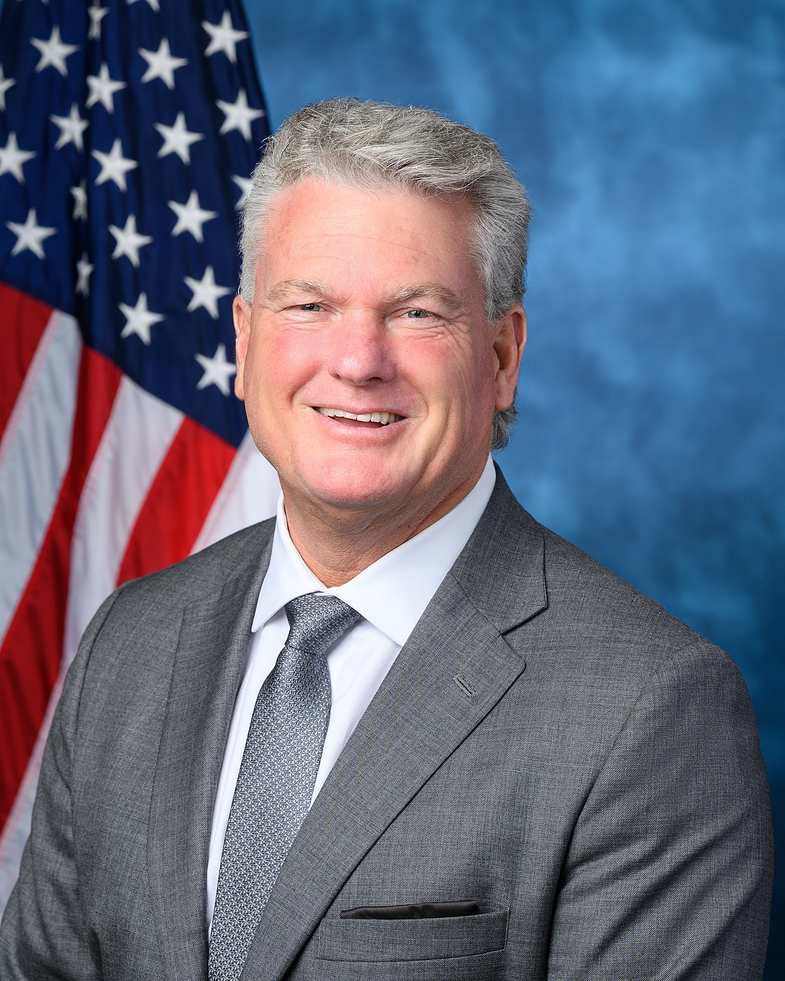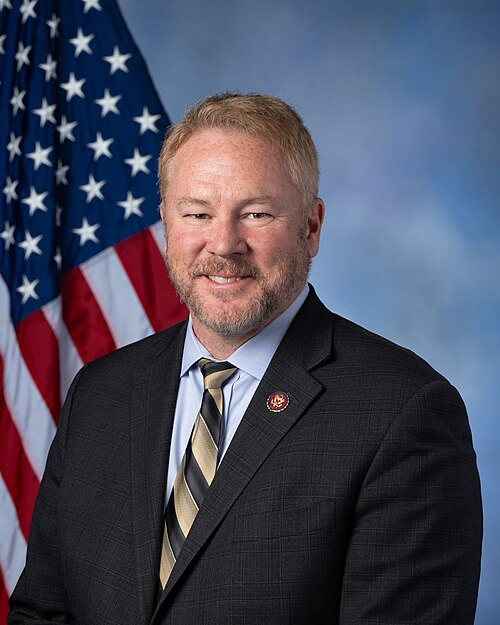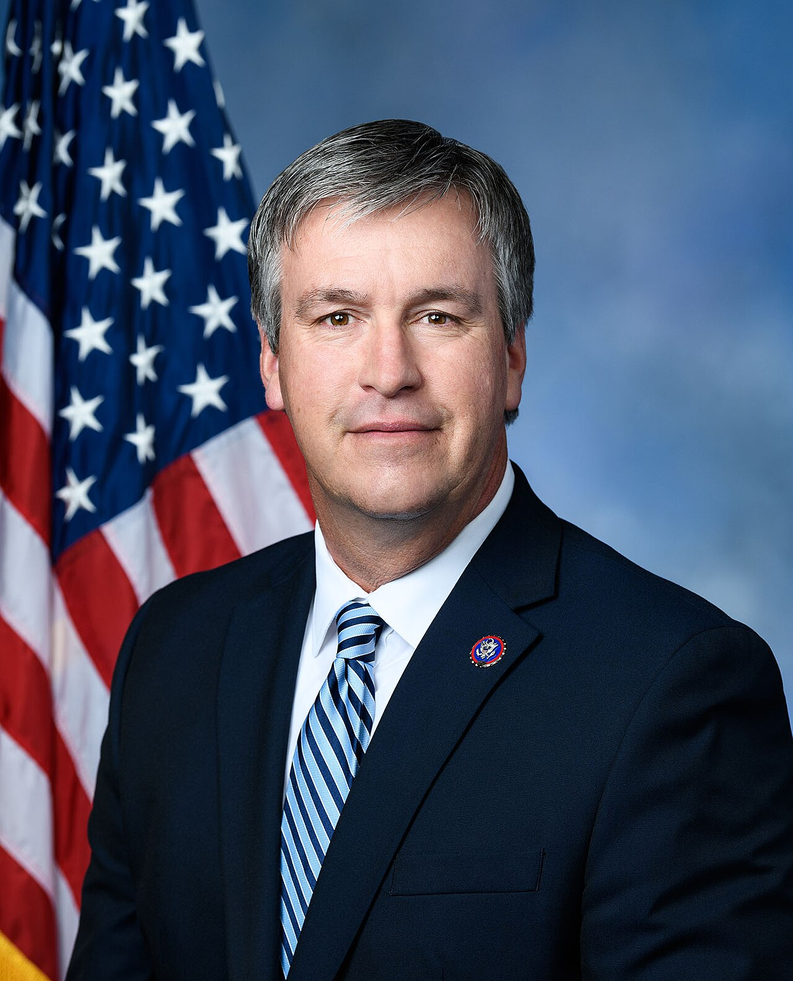H.R. 4798: Making American Elections Great Again Act
This bill, known as the Making American Elections Great Again Act, proposes several changes to the United States electoral process and population census, which could have implications for how elections are conducted and how representation is determined in Congress.
Census Modifications
The bill introduces amendments to Title 13 of the United States Code concerning the decennial census, which is conducted every ten years. Key modifications include:
- The Secretary of Commerce will conduct a census on the date of the bill's enactment and every ten years thereafter, explicitly denoting this as the "decennial census date."
- Additionally, a "mid-decade census" will be conducted five years after the decennial census, and every ten years following that date.
- Importantly, the census will only count individuals who are citizens of the United States. This will be indicated via a checkbox on census forms allowing respondents to confirm their citizenship status.
Apportionment Based on Citizenship
The bill modifies how representatives are apportioned among the states. Specifically:
- Only citizens will be counted in determining the number of representatives each state receives in Congress and the number of electoral votes allocated to them.
- States are required to engage in redistricting based on the results of the first census conducted under these new rules.
Voting Requirements
The legislation requires that individuals present government-issued photo identification and proof of U.S. citizenship in order to vote in federal elections. The provisions include:
- For in-person voters, no ballot can be issued without proper identification that verifies both citizenship and identity.
- If a voter does not have the required identification, they may cast a provisional ballot, which will only be counted if their citizenship is later verified in accordance with state laws.
- For mail-in voters, they must also provide copies of the required identification documents with their ballots, or else their votes will be treated as provisional ballots pending verification.
Criminal Penalties
The bill introduces criminal penalties for certain actions related to voting, such as:
- Providing assistance to noncitizens attempting to vote.
- Issuing ballots to voters who do not meet the identification requirements specified in the bill.
Technical and Conforming Amendments
Various technical corrections are made to existing voting laws in relation to the new requirements established by this bill, ensuring the language is consistent and clear across applicable statutes.
Effective Date
The provisions of this bill will apply to federal elections occurring on or after November 2026.
Relevant Companies
- None found
This is an AI-generated summary of the bill text. There may be mistakes.
Sponsors
5 bill sponsors
Actions
2 actions
| Date | Action |
|---|---|
| Jul. 29, 2025 | Introduced in House |
| Jul. 29, 2025 | Referred to the Committee on House Administration, and in addition to the Committees on Oversight and Government Reform, and the Judiciary, for a period to be subsequently determined by the Speaker, in each case for consideration of such provisions as fall within the jurisdiction of the committee concerned. |
Corporate Lobbying
0 companies lobbying
None found.
* Note that there can be significant delays in lobbying disclosures, and our data may be incomplete.
Potentially Relevant Congressional Stock Trades
No relevant congressional stock trades found.




